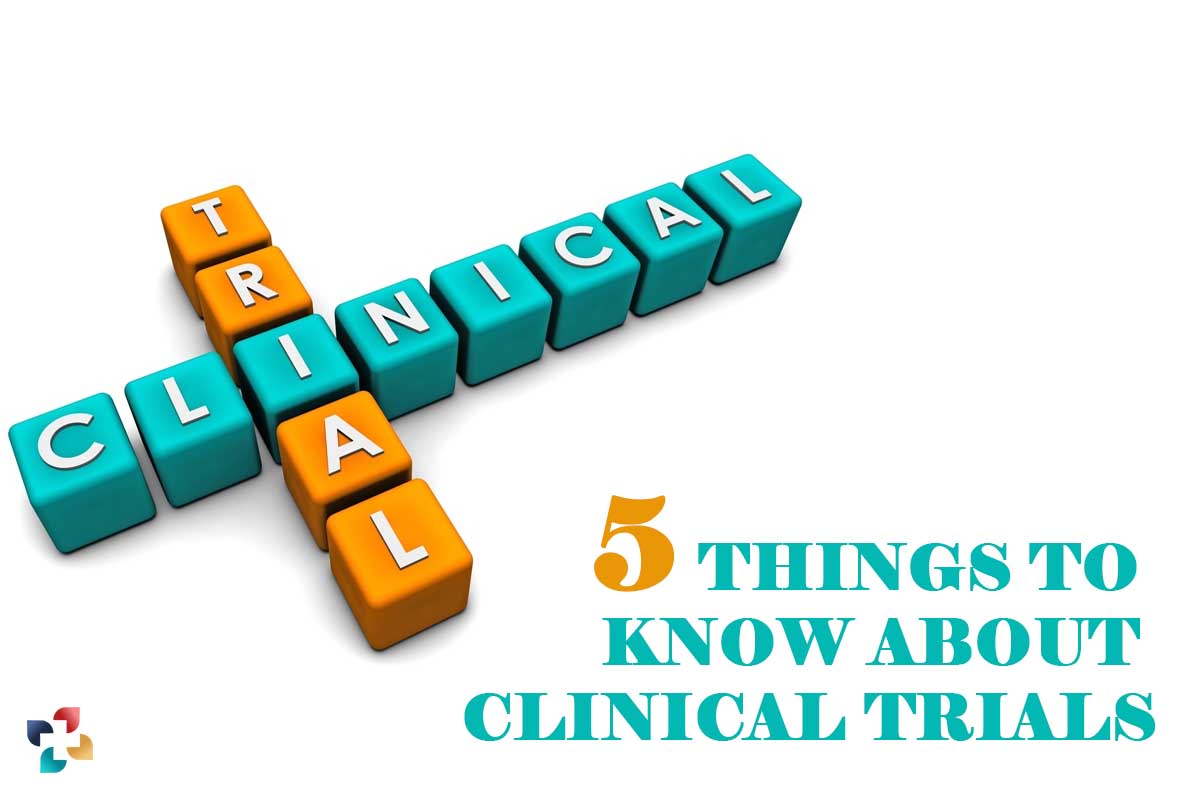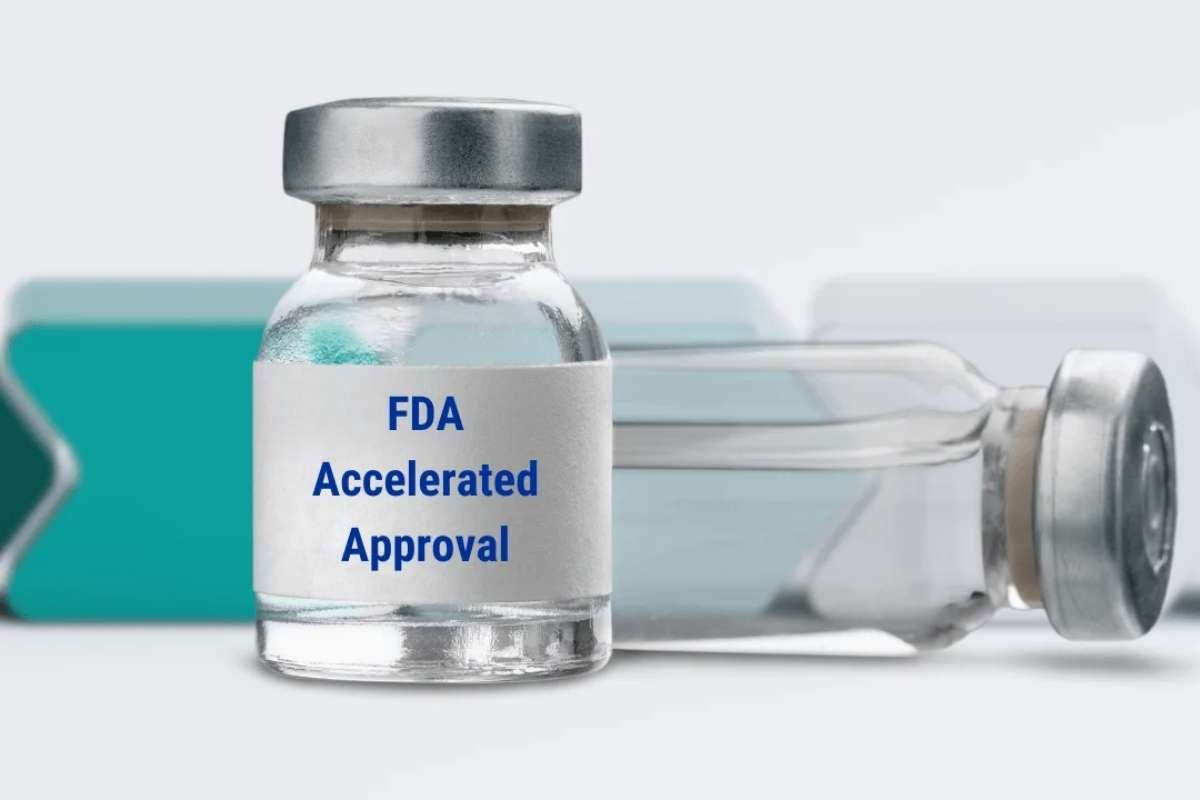Volunteering for a clinical study is a meaningful opportunity for individuals with cancer or other severe illnesses to help shape the future of medicine.
Things About Clinical Trials are research studies that assist medical professionals and scientists learn more about how to detect, diagnose, and treat illness. Over time, the insights gleaned through clinical trials may help elevate the standard of care provided to patients.
Today, we have a variety of medicines that may cure or postpone the growth of cancer for many years owing to patients who volunteered for trials. Through clinical studies, we’ve also improved our understanding of how to alleviate cancer-related symptoms.
Anne Schott, M.D., associate director for clinical research at the University of Michigan Rogel Cancer Center, suggests that patients consider enrolling in clinical trials for two reasons: (1) to gain access to study treatment, and (2) to contribute to knowledge that could improve the health of other patients with a similar condition.
Here Are 5 Things About Clinical Trials;
1. Safety is the top priority
In order to ensure your safety, researchers must take several precautions to demonstrate that the therapy or intervention being tested is as safe as possible and may even be superior to current therapies. Long years of studying the treatment’s efficacy in cells and animals are the first step.
Things About Clinical Trials always begin with a thorough strategy, or protocol, developed by the research team. This plan details the study’s methodology, as well as any potential downsides or upsides. In addition, the team needs IRB (Institutional Review Board) permission. Members of this team are responsible for keeping study participants safe.
It’s their job to check the blueprints and keep an eye on the research to make sure everything is safe to go through with. If the researchers or the IRB have any reason to believe that the potential harms of the study’s intervention exceed the potential benefits, the trial will be terminated immediately and you will be notified.
Enjoy listening to podcasts? Subscribing to the Michigan Medicine News Break on iTunes or any other podcast player is a must.
2. Everyone in a clinical trial gets quality healthcare
Treatments and interventions in research studies are not guaranteed to improve participants’ health. It’s possible that the study’s intervention won’t prevent cancer from spreading or lengthen people’s lives. However, scientists will only provide a study therapy if they are certain that it will provide results at least as excellent as the gold standard.

Things About Clinical Trials study may be broken down into three distinct stages;
The goal of a study’s first phase is to establish an optimal dosing and administration schedule. Although many people have benefited from the study therapies in Phase 1 clinical trials, knowing the negative effects is the primary emphasis of these studies.
Phase 2 studies are conducted to evaluate the efficacy and safety of the study intervention. The purpose of this analysis is to determine if the therapy under research has a better chance of success than current options.
Clinical studies in Phase 3 are intended to provide a clear comparison between the study therapy and standard care. In these tests, participants are often randomized randomly to either the study therapy or the standard care. A harmless tablet or injection that mimics the appearance of the real therapy but has no therapeutic effect may be utilized at times.
These are seldom used in cancer therapy, although they might be tested in a clinical trial if no other options exist (in other words, if standard treatment means no treatment.) If the new therapy is being used in addition to the old treatment, a placebo may be employed. In this scenario, some people would get experimental therapy and others would get normal care as usual. If a placebo is used in a trial, the researchers are obligated to inform you so.
3. Clinical trials help future patients
Things About Clinical Trials is a great approach to help advance our understanding of how to effectively detect, diagnose, and treat illness. It is common for participants in clinical trials to expect better results from the study therapy than from their current course of care. It’s possible, but by no means certain, that this will occur.

The more clinical trials we do, the farther we get. Researchers believe their experimental medication is superior, but they need to prove it in clinical studies.
4. Being in a clinical trial is your choice
If you’re considering taking part in a clinical study then have many Things About Clinical Trials. You may discuss your choices and ask questions with your doctor and the research team. You should also talk to close friends and family about your preferences. However, before deciding whether or not to participate in clinical research, it is essential to reflect on your own beliefs and priorities.
Participants in clinical trials are required to sign an “informed consent” document attesting that they fully understand the trial’s potential benefits, hazards, and expenses before they may take part. If you need more time to think things through, ask as many questions as you want.
5. Clinical trials should not cost you more
It is possible for commercial pharmaceutical or biotechnology companies to fund clinical studies in addition to public health organizations like the National Institutes of Health. The Rogel Cancer Center, along with other academic cancer institutes, sponsors a number of clinical studies.
The study’s sponsor will pay for any procedures or medications that are strictly for scientific purposes. Common diagnostic or other procedures are part of the therapy trial protocol in the vast majority of cases. Standard medical tests and treatments are often fully covered by insurance policies.

In order to make an informed decision about whether or not to participate in a clinical trial, it is crucial to understand what expenses will be paid for by the study’s sponsor. Before agreeing to volunteer, you should verify that your health insurance will cover the expenses of routine medical treatments. These Things About Clinical Trials You Must Know.
Cancer clinical studies often do not compensate participants. Depending on the trial, you may be eligible for a modest stipend or reimbursement for things like transportation, child care, housing, and missed income. The research group will provide all relevant details in the permission form.
BOTTOM LINE
So, these were the 5 Things About Clinical Trials. There are various misconceptions about the safety and reliability of clinical trials in the market. We are sure you’ll have all your doubts cleared after reading this blog ‘Things About Clinical Trials’. To read more informative content, keep visiting thelifesciencesmagazine.com.







